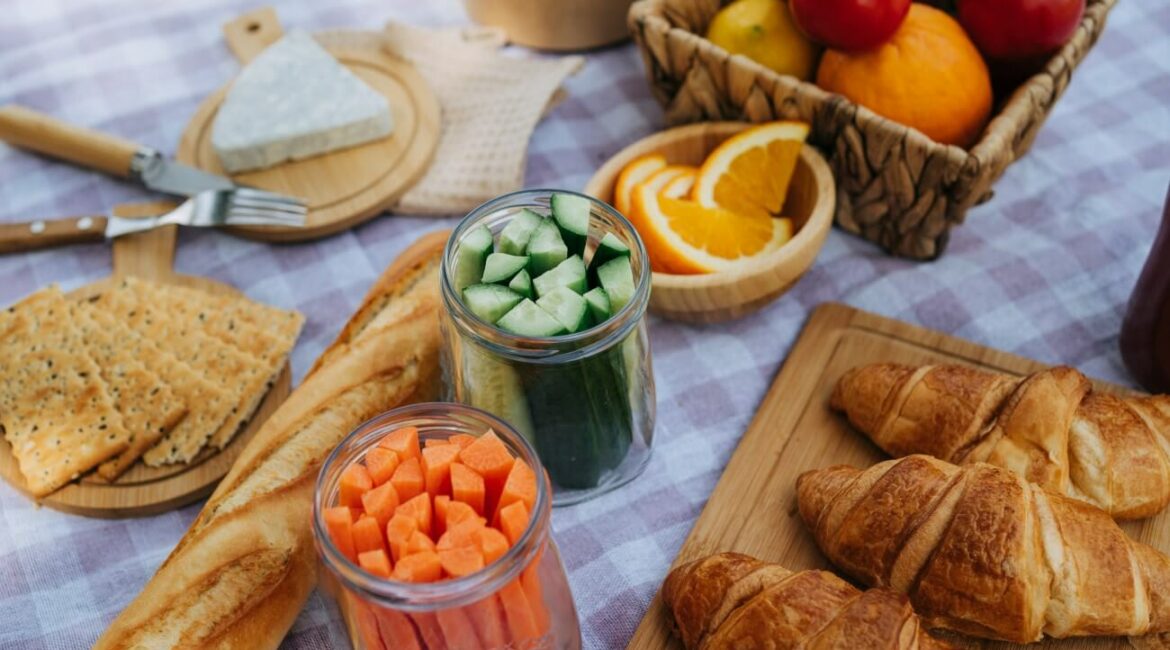The Science of Quick Cooking: How to Save Time in the Kitchen
Unlocking the mysteries behind swift, efficient, and still utterly delicious cooking isn’t just a skill; it’s an art backed by science. Let’s dive into the kitchen lab and unveil the secrets together, shall we? Embracing the science of quick cooking isn’t just a time-saver; it’s an invitation to experiment, explore, and elevate your culinary adventures. With a dash of knowledge and a sprinkle of practice, your kitchen can transform into a realm where flavourful meets fast, without compromising a morsel of quality or enjoyment.
Marinating Magic: Quick Infusion Techniques
Marinating doesn’t always require hours in the fridge! Using ingredients like vinegar or citrus accelerates the infusion of flavours into your meals, offering a tasty dish in significantly less time. Always keep a keen eye on your marinating goodies – too long in acidic concoctions and you might just find your dinner a tad more tender than intended!
Defrosting in a Dash: Quick and Safe Methods
You find that your meat is still a block of icy despair and dinner is looming? Hot water to the rescue! Submerging your frosty package in a sealed, waterproof bag in hot water not only preserves the quality but also hastens the thaw. Now, you’re back in the race to put that delectable meal on the table in record time.
Flash Cooking: High-Heat, Low Time
When the clock’s ticking down, turning up the heat can be your saviour. Stir-frying and sautéing embrace the essence of quick cooking, fusing flavors together at lightning speed. Remember, a hot pan and a splash of oil are your gateways to a quick, sumptuous meal. But keep those digits safe and don’t wander too far – quick cooking demands a vigilant chef!
FAQs
- How can I prevent over-cooking during high-heat methods? The trick lies in prep and attentiveness. Having everything ready to toss into the pan and keeping a keen eye ensures you’ll snatch your meal from the flame at the perfect moment.
- Can quick marinating impact the texture of my food? Absolutely, especially with fish and other delicate proteins. Quick marinating should be precisely timed to avoid your meal becoming mushy or overly tender.
- What oils are best for high-heat cooking methods? Reach for oils with a high smoke point like grapeseed, avocado, or classic vegetable oil to withstand those soaring temperatures without smoking out your culinary dreams.
- How does quick-defrosting impact the quality of meat? Done right, it shouldn’t! Speedy defrosting can retain quality if executed swiftly and safely, with hot water being a standout method.
Quick Cooking with Friends: Building Community Around the Burner
Creating a meal quickly doesn’t mean you skimp on quality or enjoyment. Involve your friends, share these science-backed secrets, and transform your gatherings into delightful, fast-food feasts that are healthy, homemade, and oh-so-satisfying.
- Transform Your Health with Medford Medical Weight Loss Program - June 9, 2025
- A Chat with Nate and Mika, Christian Wedding Photographers - July 18, 2024
- Ultimate Guide To Playing Online Casinos - May 27, 2024









